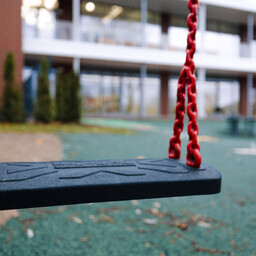The Supreme Court ruled that if a city or municipality cannot fund the establishment of new kindergarten places on its own, it may request funds from a developer. This applies primarily to large development projects where many new residents are expected.
For several years, there has been discussion about whether a city or municipality can request funds from a developer for social infrastructure. Social infrastructure includes schools, libraries, and sports facilities. The arrival of new residents brings additional costs, but there is also a risk that cities or municipalities may misuse this right.
The Supreme Court stated that for small developments, it is difficult to show that it is too burdensome for the city or municipality. Therefore, this rule primarily applies to large projects. The city or municipality must clearly demonstrate why additional costs are needed, for example, for kindergarten or school places.
In some cases, a city or municipality may refuse to plan a new residential area. For example, if the social infrastructure is already too overloaded and the local government cannot provide services to new residents.
The Supreme Court stated that a city or municipality may require a reasonable contribution from the developer. This means that the request for funds must be fair and clearly defined. Supreme Court Justice Ivo Pilving said that the legislator should make the rules for collecting fees clearer to avoid confusion and unfairness.

